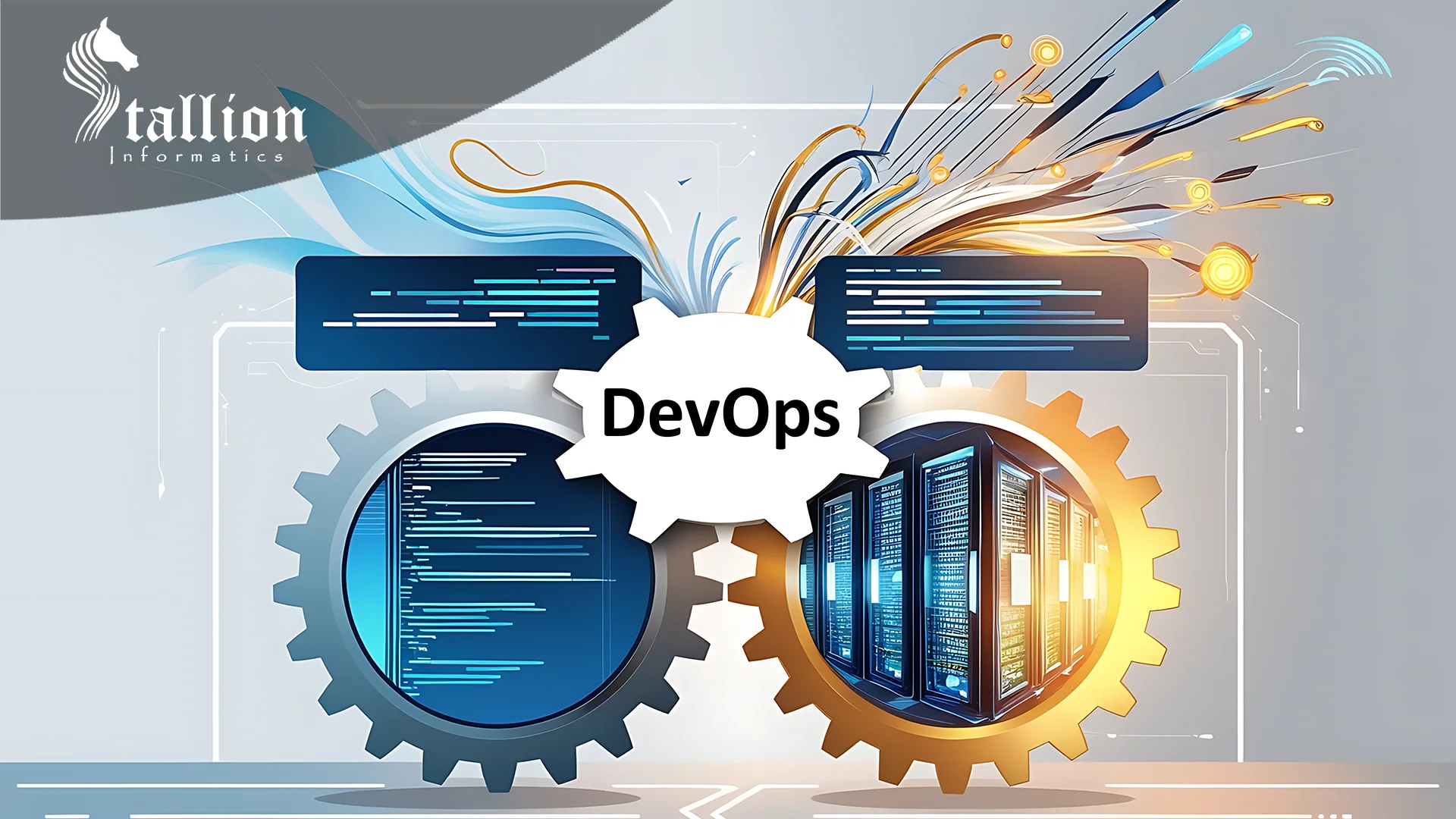In the ever-evolving world of IT, businesses are constantly seeking ways to enhance their software development processes and ensure smoother operations. DevOps revolutionizing IT operations is a concept that has gained significant traction over the past decade, as it breaks down the silos between development and IT operations teams. By fostering collaboration, automating tasks, and promoting continuous integration and delivery, DevOps is enabling organizations to respond to market demands faster, improve software quality, and reduce operational costs.
This blog explores how DevOps is transforming IT operations and why businesses should embrace it for long-term success.
What is DevOps?
DevOps is a set of practices, cultural philosophies, and tools that bridge the gap between software development (Dev) and IT operations (Ops). The primary goal of DevOps is to shorten the systems development life cycle and provide continuous delivery of high-quality software. By automating and improving workflows, DevOps enables development teams and operations teams to collaborate efficiently, increasing productivity and reducing the chances of errors.
The Core Benefits of DevOps in IT Operations
1. Accelerated Software Delivery
One of the most significant advantages of DevOps revolutionizing IT operations is the speed at which software is delivered. By integrating development and operations, DevOps automates many repetitive tasks like code testing, deployment, and monitoring. This acceleration leads to faster product releases, frequent updates, and quicker bug fixes, allowing businesses to respond rapidly to customer needs and market changes.
2. Enhanced Collaboration and Communication
DevOps fosters a culture of collaboration between development and operations teams. In traditional IT environments, developers and IT staff often work in isolation, leading to communication barriers and inefficiencies. DevOps encourages joint planning, shared responsibilities, and continuous feedback, creating an environment where both teams are aligned and working toward the same objectives. This synergy results in smoother workflows, reduced miscommunications, and improved overall project outcomes.
3. Continuous Integration and Continuous Delivery (CI/CD)
DevOps implements CI/CD pipelines to automate the process of code integration, testing, and deployment. Continuous integration ensures that code changes are automatically integrated into a shared repository multiple times a day, while continuous delivery ensures that new code is delivered to production quickly and efficiently. This process reduces the risk of human error and ensures that businesses can rapidly deploy bug fixes, features, and security patches. With CI/CD, businesses can deliver high-quality software faster, enhancing customer satisfaction and staying ahead of competitors.
4. Increased Efficiency through Automation
Automation is a core component of DevOps, helping organizations to eliminate manual processes and reduce human error. By automating repetitive tasks such as testing, monitoring, and deployments, DevOps increases the efficiency of development and IT operations teams. As a result, teams spend less time on manual tasks and more time on innovation and problem-solving. Automation also reduces the chances of operational downtime, which is critical for maintaining service reliability.
How DevOps is Revolutionizing IT Operations
1. Reducing Operational Costs
With its focus on automation and continuous integration, DevOps allows businesses to streamline IT operations and reduce operational costs. By eliminating the need for manual intervention, automating deployments, and improving testing efficiency, organizations can optimize their resources and reduce the time spent on troubleshooting and patching issues. Additionally, the faster release cycles offered by DevOps allow businesses to identify and fix problems before they escalate, leading to reduced downtime and operational expenses.
2. Improved System Reliability and Stability
DevOps practices promote constant monitoring and automated testing, leading to better system reliability. Continuous integration ensures that code changes are tested automatically before deployment, reducing the risk of bugs and system failures. With automated monitoring in place, teams can quickly identify and resolve performance issues, ensuring stable and reliable systems. This stability is crucial for businesses that rely on complex IT infrastructure to deliver their services, especially in industries like e-commerce, finance, and healthcare.
3. Enhanced Security and Compliance
Security is a growing concern for businesses of all sizes. DevOps enhances security by integrating security practices into the software development life cycle—a concept known as DevSecOps. By automating security testing and embedding security practices throughout the development process, DevOps ensures that vulnerabilities are identified and fixed earlier in the lifecycle. Additionally, automated compliance checks help businesses meet regulatory standards, improving their ability to stay compliant with industry regulations.
4. Scalability and Flexibility
As businesses grow, their IT operations must scale to handle increased demand. DevOps enables organizations to scale their systems quickly and efficiently by providing a flexible, automated infrastructure. With DevOps, businesses can implement cloud technologies, containerization, and microservices architectures, all of which help improve scalability and system flexibility. This allows businesses to adapt to changing market conditions and maintain performance even as their infrastructure grows.
Conclusion: Embrace the DevOps Revolution
In today’s fast-paced IT environment, businesses that want to stay ahead of the competition must adapt to DevOps revolutionizing IT operations. The integration of development and IT operations streamlines workflows, accelerates software delivery, improves collaboration, and reduces operational costs. With DevOps practices, organizations can build more reliable, scalable, and secure systems, allowing them to meet customer demands and market trends faster.
By embracing DevOps, businesses can unlock the full potential of their IT operations, drive innovation, and maintain a competitive edge in a rapidly changing digital landscape.



